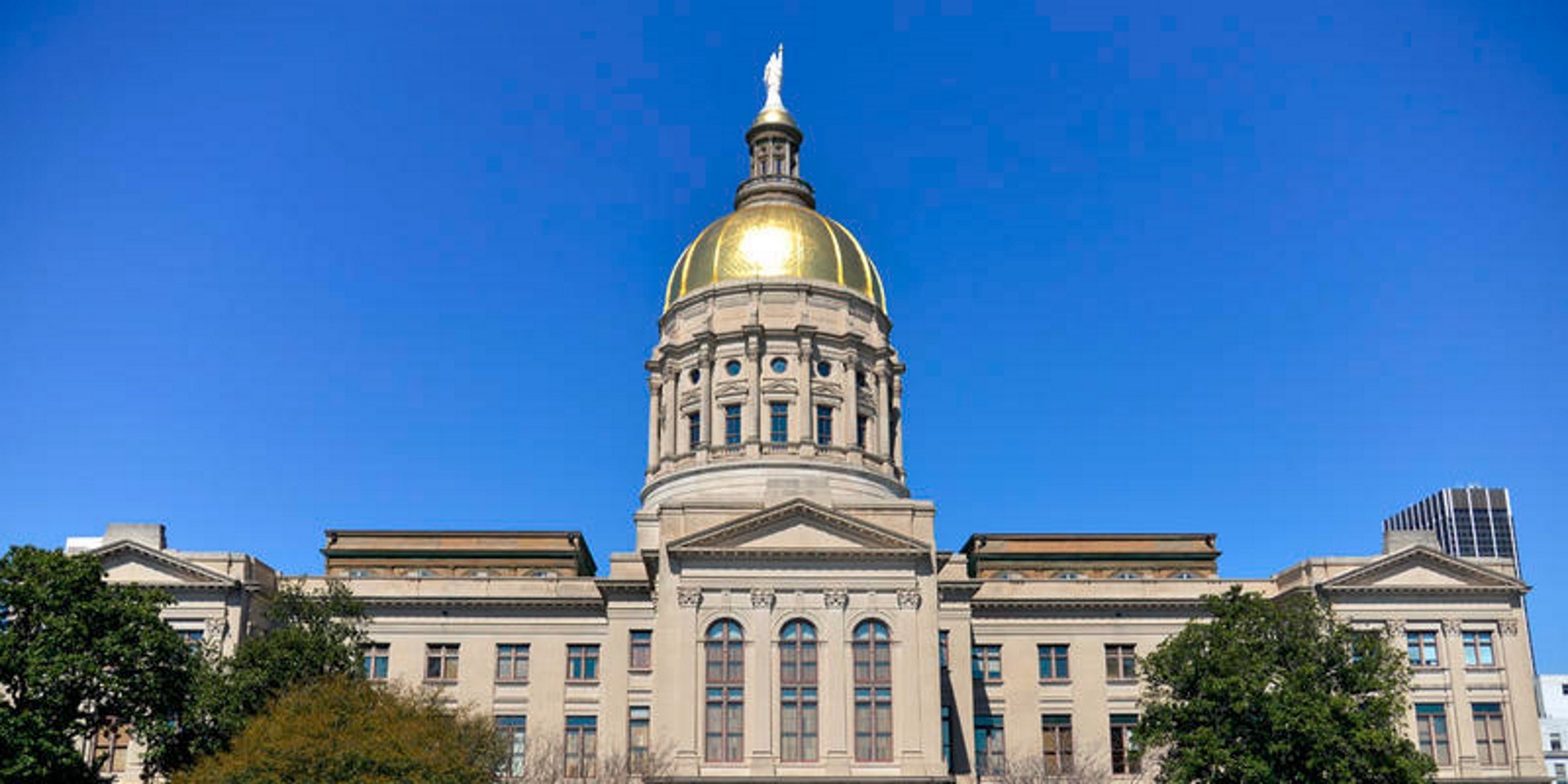Pay raises for teachers, higher funding for K-12 schools and universities and a tax cut are all possibilities as lawmakers survey what’s likely to be a prosperous state revenue picture.
State revenues through November were running more than $1 billion ahead of the $27.3 billion that lawmakers designated for spending in the current budget year running through June 30. Georgia plans to spend $49.9 billion overall in the budget year that began July 1, once federal and other funds are included.
“It’s certainly projecting to be easier than the last two years have been,” said House Appropriations Committee Chairman Terry England, an Auburn Republican.
With that extra cash, Gov. Brian Kemp wants lawmakers to boost teacher pay by another $2,000, completing his promise to give teachers a $5,000 raise over four years. That’s projected to cost $461 million. It would cost $383 million to bring the state’s K-12 funding formula to the full amount that it says the state should provide for schools. The state could also restore austerity cuts to universities.
“The one thing I’m pretty sure of is that the austerity budget will be restored,” England said.
Lawmakers could look to satisfy one or both of those priorities as early as the amended budget for the current year, England said. Those budget changes typically begin March 30. But pay raises could be complicated in the current year because school districts also pay employees out of local funds and typically match state raises for locally paid employees.
England said a plan to overhaul mental health is likely to cost an additional $75 million and senators want to spend more on foster care. But other state agencies may not recoup cuts that were made in 2021 at the beginning of the pandemic.
Democrats would like to fully expand Medicaid, but Republicans still oppose that. Lawmakers budgeted for a smaller Medicaid expansion that Kemp proposed, but it has been blocked by federal authorities and it’s unclear what will happen to the money set aside for it.
Both England and Senate Appropriations Committee Chairman Blake Tillery, a Vidalia Republican, said the state may need to raise pay for non-education employees because of inflation and competition for labor. Lt. Gov. Geoff Duncan is calling for pay increases for prison employees. Tillery said a general pay raise may be considered on top of additional increases for employee shortage areas. But Ralston warns there may not be enough money for everyone.
“I’m trying to keep count of how many groups were promising pay raises to. The list gets longer every day,” Ralston said. “And I know that we’re in a fairly good budget situation, but at some point, you know, we are going to run out before we get to everybody.”
A tax cut is likely to focus on the income tax. Senate President Pro Tem Butch Miller, a Gainesville Republican running for lieutenant governor, has joined primary opponent Sen. Butch Jones, a Jackson Republican, in proposing to abolish the state income tax.
House Speaker David Ralston is rejecting that plan, saying the state can’t afford to sacrifice nearly half its revenue.
“That’s become one of those things that sounds good on a bumper sticker or a soundbite or maybe even a campaign ad,” Ralston told reporters Thursday. “But we have to govern; we have to make decisions. I think going at it in an incremental way is a much more desirable way to do it.”
Georgia’s top income tax rate remains 5.75%. Before the pandemic, House Republicans had wanted to cut that rate by a quarter point to 5.5%, which was projected to cost more than $500 million. Other approaches could include further increasing the standard deduction someone can earn before starting to pay tax, making Georgia’s income tax a flat rate, or a combination of all three. Last year lawmakers increased the standard deduction, a $140 million tax cut.
Lawmakers may also be called on to decide how to spend a $2.2 billion surplus that built up even after the state’s rainy day fund was filled to the legal limit of $4.3 billion. England said the state could choose to pay for some capital improvement projects directly instead of borrowing through bonds.
___
Follow Jeff Amy at http://twitter.com/jeffamy








